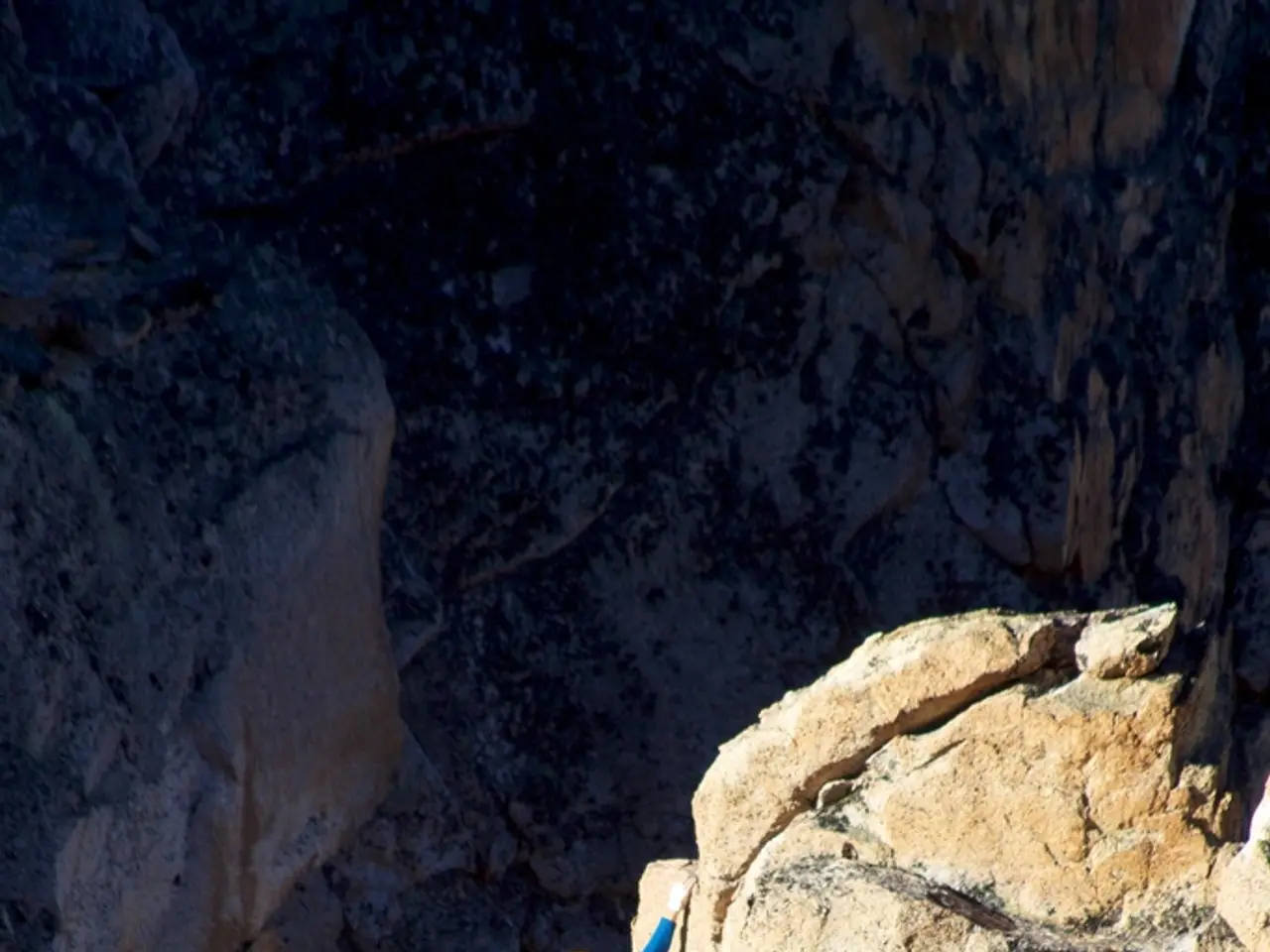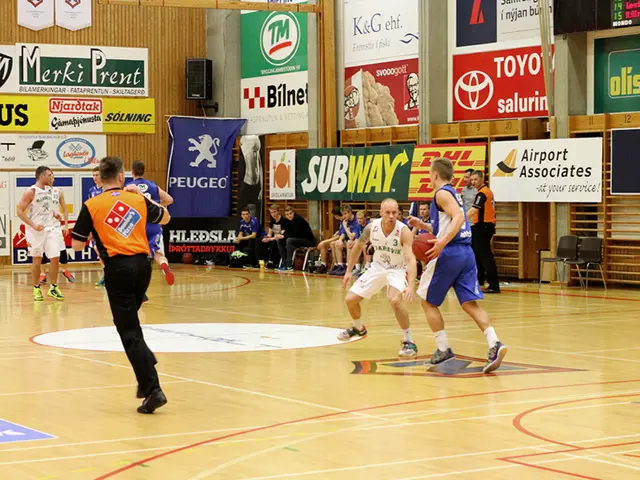Mountaineering carries grave perils, asserts Reinhold Messner
In a recent interview on "phoenix personal", Reinhold Messner, the 80-year-old former extreme mountaineer, spoke candidly about the dangers inherent in climbing. His remarks came in the wake of the tragic accident that claimed the life of Laura Dahlmeier, a talented alpinist, during a climbing tour in Pakistan.
Messner, a seasoned mountaineer who has faced his fair share of challenges and tragedies, views climbing as an activity that involves a residual risk, especially in extreme alpinism. He acknowledges that, despite a climber's skill and preparation, nature's dangers such as rockfalls or avalanches can be unforgiving and beyond human control.
Regarding Dahlmeier's accident, Messner finds her decision to embark on the climb on the very steep and difficult Laila Peak understandable but difficult for her family. He emphasises that such risks remain unavoidable, even for an excellent alpinist like Dahlmeier.
Messner's perspective, shaped by his experiences, recognises that there are limits to the ability to manage or mitigate these risks. Sometimes, accidents cannot be prevented despite skill and preparation. This "residual risk" is a fundamental reality in high-risk mountaineering.
Messner also addressed the emotional and ethical complexities faced by families in such situations. While he did not provide explicit views on Dahlmeier's case, his history and statements generally imply an understanding of these challenges. He acknowledges that the balance between accepting risk and honoring the passion and autonomy of climbers can be a difficult one.
Messner is a proponent of traditional alpinism and engagement with nature, not competitive climbing. He believes that the art of mountaineering is in knowing that one could perish. However, he also admits that mountaineers can be "egotists towards their loved ones" for following their passion.
Despite his own experiences, Messner has never left instructions to have his body left in the mountains if he dies while climbing. He finds the idea of bodies in the mountains unpleasant. Dahlmeier, too, left a written statement saying she did not want to be rescued in case of death to prevent risking others' lives.
The rescue was initially difficult due to the extreme height, remoteness of the area, and weather conditions. However, the exact circumstances of Dahlmeier's accident remain unclear, with reports suggesting that she was hit by a rock at 5,700 meters in the Karakorum mountains while travelling in alpine style with her rope partner.
As the mountaineering community mourns the loss of Dahlmeier, Messner's insights serve as a stark reminder of the risks involved in high-level mountaineering. He encourages climbers to be aware of these risks and to make informed decisions, while also respecting the passion and autonomy of those who choose to climb.
References: 1. Article on Messner's perspective on climbing risks 2. Article on Laura Dahlmeier's accident and Messner's comments 3. Article on Messner's advocacy for traditional alpinism
Mountaineering, like sports, involves a residual risk, especially in extreme alpinism, a reality that Reinhold Messner, a seasoned mountaineer, acknowledges. Despite skilled climbers preparing for the challenges, nature's unpredictability, such as rockfalls or avalanches, can lead to unfortunate and unavoidable accidents, as witnessed by the tragedy of Laura Dahlmeier.







